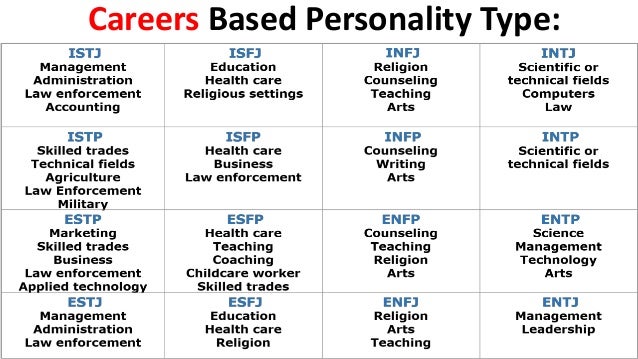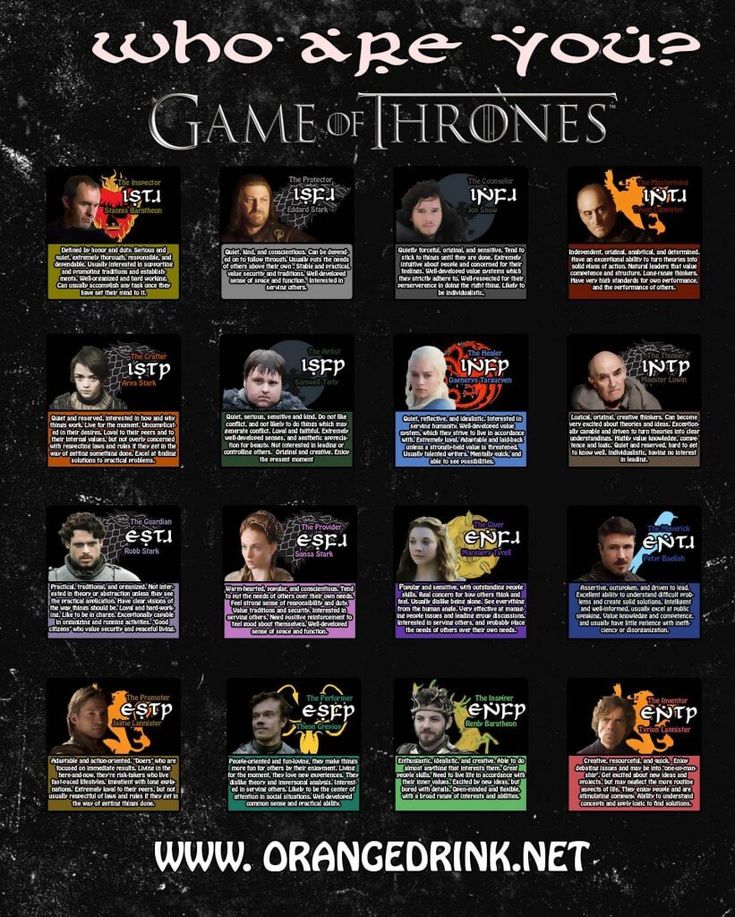Career related personality types
6 Personality Types & How They Impact Career Choices
People are happier and most productive when their career choice matches their personality, a theory developed from The Holland Codes.
Researcher, John Holland, believed certain types of people work best when paired with jobs that not only utilize their strengths but are then tailored to how they work best, resulting in more work getting done and higher quality work.
How does this fit into managing a workspace? How your employees feel while at the office and about their working environment will impact everything they do.
FIND OUT THE FUTURE OF EMPLOYEE EXPERIENCE
According to John Holland, there are six key categories that define the modern worker. His assessment offers a framework that considers interest in career choice and pairs ideal environments for certain personalities that also play a role in job satisfaction and performance.
The six types are Realistic, Investigative, Artistic, Social, Enterprising, and Conventional. The theory classifies people into their respective categories by evaluating how a person approaches life situations — and most people fall into more than one category. It should also be noted that people with the same personality type tend to work best with others of their type, but certain types work best alone or with specific groups over others.
Read through the six personality types and take into consideration the employees at your workplace. In the future, when creating teams or hiring new employees it could benefit everyone to pair individuals with others they are most likely to succeed within their “chosen” environment.
The Six Personality Types
Realistic (Doer)
Someone who likes to work mainly with their hands by making and fixing things, assembling or operating equipment. They sometimes prefer working outdoors and find joy with a career choice that performs varying types of manual labor. The Realistic individual works well with tools, machines, and mechanical drawings. Valuing practical things they can see and touch, they often see themselves as being practical and mechanical.
Valuing practical things they can see and touch, they often see themselves as being practical and mechanical.
Best when working: Alone or with others in the Realistic category
Compatible with: Investigative or Conventional
Best career choice for the Realistic type:
- Carpenter
- Electrician
- Pilot
- Engineer
- Mechanic
Investigative (Thinker)
The most analytical of the six personalities, this group loves to study and solve math or science-related problems. They aren’t skilled negotiators but work best in a career choice that lets them work with others who are grounded. They see themselves as precise and intellectual and like to be acknowledged for their achievements.
Best when working: Alone or with other investigative individuals
Compatible with: Realistic or Artistic
Best career choice for the Investigative type:
- Biologist
- Mathematician
- Computer Programmer
- Surveyor
- Pharmacist
Artistic (Creator)
This group of individuals values others who are expressive and independent.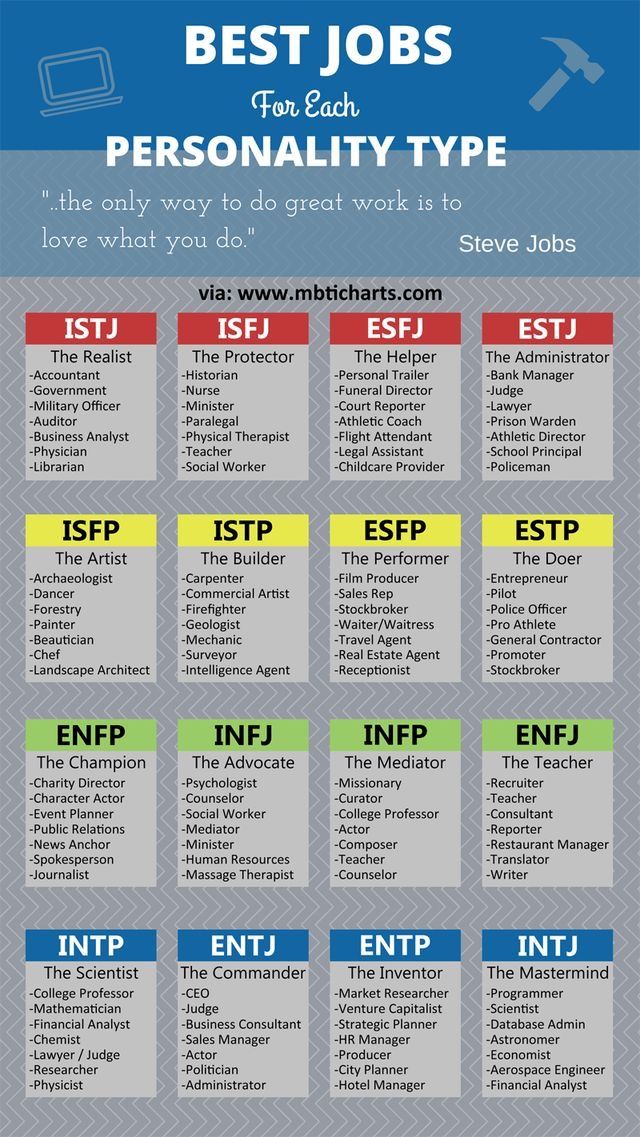 They naturally admire the creative arts including writing and music. They see themselves as expressive and original and prefer to avoid a career choice that requires highly ordered or repetitive activities. They enjoy working in groups but only if they are allowed expressive freedom and are encouraged to share their ideas.
They naturally admire the creative arts including writing and music. They see themselves as expressive and original and prefer to avoid a career choice that requires highly ordered or repetitive activities. They enjoy working in groups but only if they are allowed expressive freedom and are encouraged to share their ideas.
Best when working: In groups that allow creative expression and unsystematic teams
Compatible with: Investigative and Social
Best career choice for the Artistic type:
- Graphic Designer
- Musician
- Book Editor
- Art Teacher
- Actor
Social (Helper)
Those with a Social personality type like to “dominate” their environment. This is the most common category of the six, and many people have traits of this category along with their others. They particularly value providing services for others and enjoy a career choice that enables them to work closely with people. Their ideal working conditions are with other people who are also trustworthy, helpful, and show appreciation.
Their ideal working conditions are with other people who are also trustworthy, helpful, and show appreciation.
Best when working: In group and team situations where they feel needed
Compatible with: Artistic and Enterprising
Best career choice for the Social type:
- Counselor
- Librarian
- Social Worker
- Physical Therapist
- Nurse
Enterprising (Persuader)
Most likely to lead and persuade, this group was born to sell and tend to value business or politics. They see themselves as being social and ambitious and these folks really have the skill for getting a group of people to lean a certain way. They are careful to avoid people who are too scientific and analytical but are definitely drawn to a career choice where working in groups is common.
Best when working: In groups and with all types of people in a leadership position
Compatible with: Social and Conventional
Best career choice for the Enterprising type:
- Sales Manager
- Real Estate Agent
- School Principal
- Attorney
- Hotel Manager
Conventional (Organizer)
A member of this group would probably prefer a career choice where they can work with numbers, records, or machines.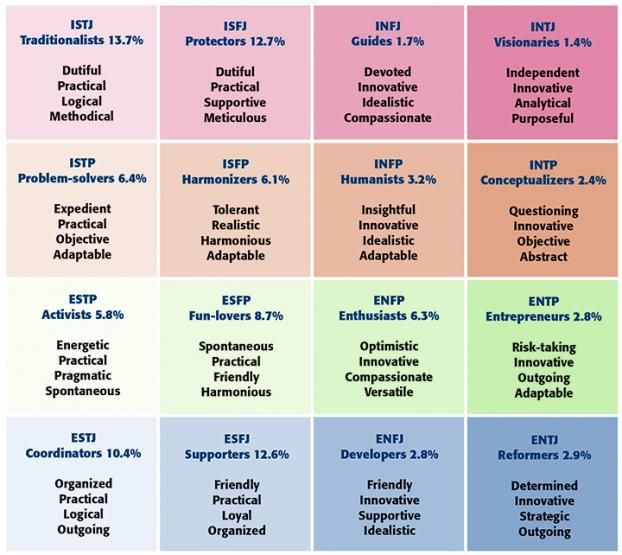 They enjoy repetitive tasks done in an orderly fashion and like to avoid ambiguous activities. They see themselves as organized and good at following directions. They value success in business and enjoy working with other people, but do best in small, systematic groups where they know their responsibilities.
They enjoy repetitive tasks done in an orderly fashion and like to avoid ambiguous activities. They see themselves as organized and good at following directions. They value success in business and enjoy working with other people, but do best in small, systematic groups where they know their responsibilities.
Best when working: In groups that have defined duties assigned to all
Compatible with: Enterprising or Realistic
Best career choice for the Conventional type:
- Bookkeeper
- Secretary
- Bank Teller
- Mail Carrier
- HR Consultant
What This Means for Workplace Managers
When planning your office’s environment, consider the variance in career choice these six categories tend to enjoy working in.
Artistic and Enterprising individuals are probably more drawn to a career choice in marketing and sales, and would likely enjoy interacting if grouped together.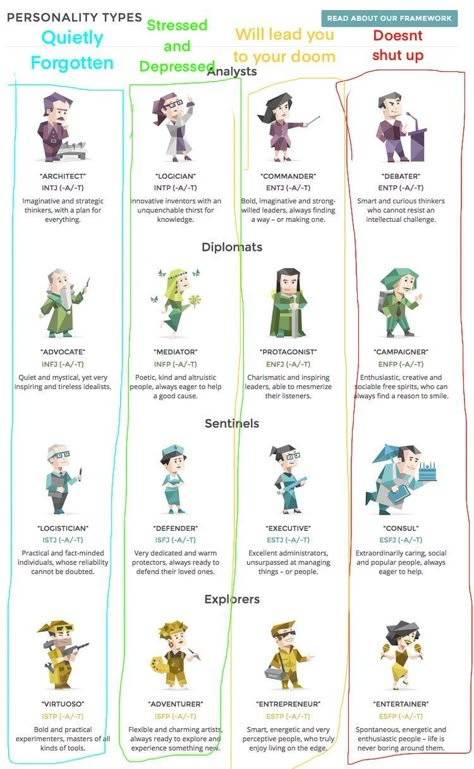
Be sure to give your Investigative and Realistic groups space to work alone, but consider offering them smaller more private gathering spots for them to choose if their career choice requires them to work with others.
Your Conventional and Social departments — most likely those whose career choice is in HR and possibly security — should be placed where they’ll have lots of interaction with people and opportunities to help others.
You also might want to consider placing Conventional near your Artistic and Enterprising groups considering these individuals are likely to make a career choice that lets them enjoy working in teams.
Taking it a step further, when looking into design for your workplace, consider the career choice and types of environments each personality would thrive in.
Because they are prone to picking a career choice that involves working with varying groups of people, your Artistic and Enterprise groups most likely enjoy lots of color and movable space so they can stretch their creative talents.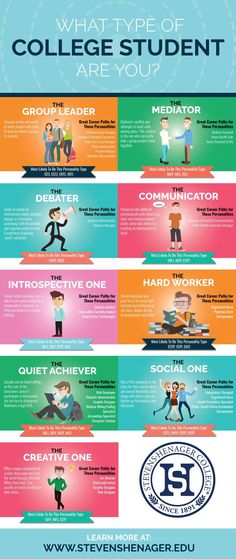 However, your Realistic employees may prefer a quieter tone in their workspace.
However, your Realistic employees may prefer a quieter tone in their workspace.
Knowing what works best for each personality and career choice is really important — however, the best way to gauge what people want is to ask. During your next office renovation, survey your employees to see what they want to see in the new workplace upgrade.
FIND OUT THE FUTURE OF WORKPLACE EXPERIENCE
What Career Personality Are You? The Six Career Personality Types
Posted byBy Juan Gonzalez |
In this blog we go over Brooke’s conversation with Michelle Cho, Co-founder of Gladeo.org, about the six career personality types. American psychologist Dr. John Holland once said, “the choice of a career is an expression of personality.” He suggested that people work best in work environments that match their preference or personality types, thus creating the Holland Codes.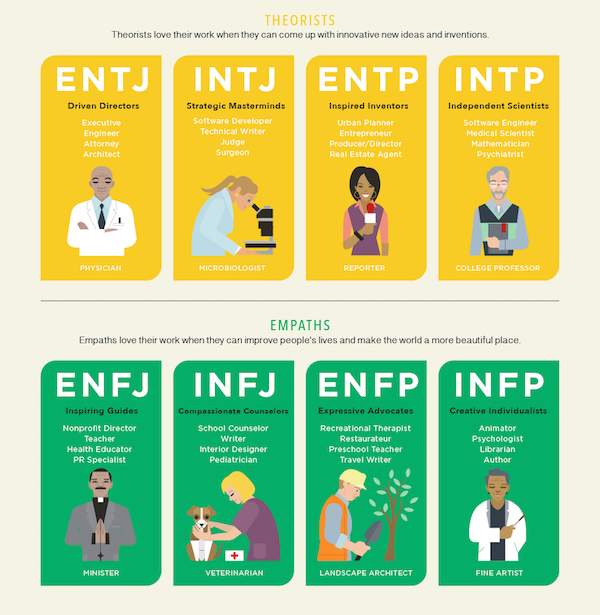 These codes consist of six personality types that the Department of Labor uses to classify careers.
These codes consist of six personality types that the Department of Labor uses to classify careers.
- Realistic
- Artistic
- Enterprising
- Social
- Conventional
- Investigative
When choosing a career it’s important to identify your personality types to give you an idea of what type of environment you would be able to thrive in. Note that people are usually a combination of 2-3 types, so don’t classify yourself to just one.
1. The Builder (Holland Code: Realistic)
This type of person is usually good with their hands, tools, and anything to do with physical skills. Careers under this trait look like athletes, architects, contractors, electricians, etc.
2. The Creator (Holland Code: Artistic)
Aside from obvious careers like artists and painters, The Creator is classified as those who think outside the box and make new ideas and products. This can be graphic designers, artists, entrepreneurs, film makers, etc.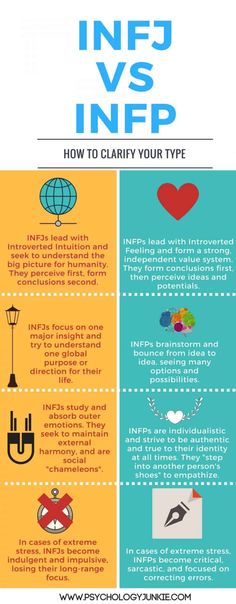
3. The Persuader (Holland Code: Enterprising)
The Persuader is good at public speaking and performs well as the leader. Those with this trait are good at selling an idea or product. Persuaders are usually self-starters and are comfortable dealing with all types of people. Careers for this trait include real estate agents, politicians, and social media directors.
4. The People Person (Holland Code: Social)
This trait is for specifically those who like to serve and help people. A perfect career this trait exemplifies is that of a nurse. Other careers include teachers, therapists, and anyone who works in customer service.
5. The Organizer (Holland Code: Conventional)
Someone who is an organizer is someone who likes structure, progresses, rules, and order. Careers for this trait are anyone who deals with operations, accountants, and event planners.
6. The Problem Solver (Holland Code: Investigative)
The Problem Solver likes to solve conflicts and is analytical and inquisitive.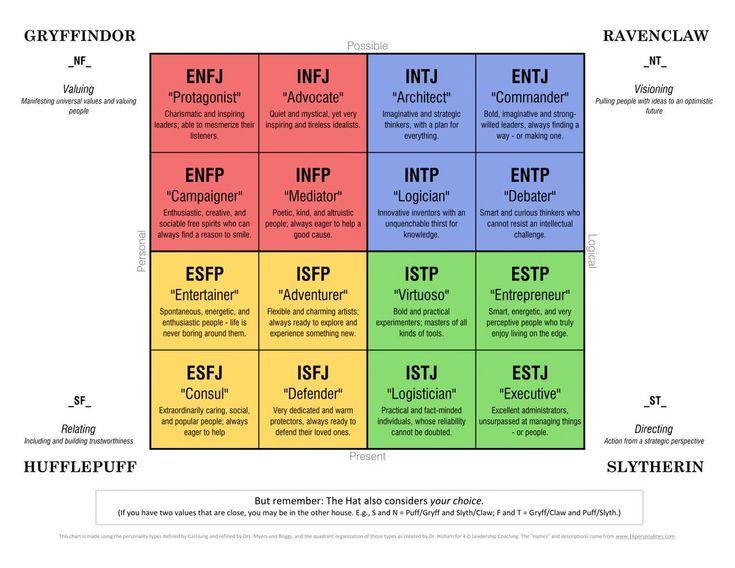 You can see engineers, professors, and web developers posses this trait. Usually The Problem Solver is deemed as the “smart kids” in high school but it is important to remember that everyone possesses more that one personality trait and it is key to work on improving them all.
You can see engineers, professors, and web developers posses this trait. Usually The Problem Solver is deemed as the “smart kids” in high school but it is important to remember that everyone possesses more that one personality trait and it is key to work on improving them all.
Michelle Cho adds, ” we need to change the paradigm from “how intelligent are you” to “how are you intelligent.”
At Gladeo.org you can find a career quiz to help you figure out your strengths and careers/industries that match. Through this quiz you will be able to learn more about yourself and see what type of worker you want to be and the rest will follow.
Brief description of personality types according to J. Holland
Contents of the article
The modern world is rapidly developing, new professions appear, duties in old specialties are changing. Such a variety of fields of activity can both facilitate the search for one's own vocation, and significantly complicate it. Many people feel out of place and do not understand which way they should move.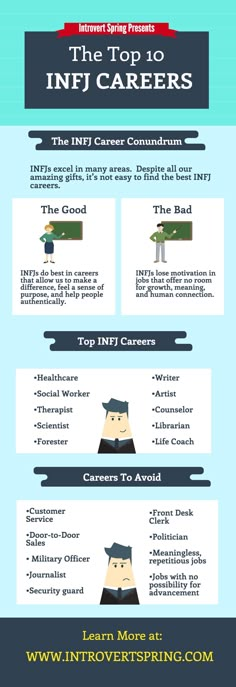 But personality typology will help you find your place in the world. Today we will consider the famous theory of 6 types of personality by J. Holland. nine0003
But personality typology will help you find your place in the world. Today we will consider the famous theory of 6 types of personality by J. Holland. nine0003
Realistic personality type
From the name it already becomes clear that these are very practical people who are focused on the present. Often this type is characteristic of men. Realists prefer professions with specific tasks: engineer, agronomist, driver, etc. They enjoy working with machines and tools, they love money, status and power. Their weakness is communication.
Intellectual personality type
Such people are researchers by nature, have high intelligence, analytical and creative thinking. Intellectuals mainly choose the scientific field of activity: mathematics, chemistry, biology. This type of personality is characterized by restraint, pessimism, curiosity, activity. Less developed communication and leadership skills. nine0003
Artistic personality type
Artists are characterized by an emotional complex outlook on life, non-standard thinking, sensuality and impracticality.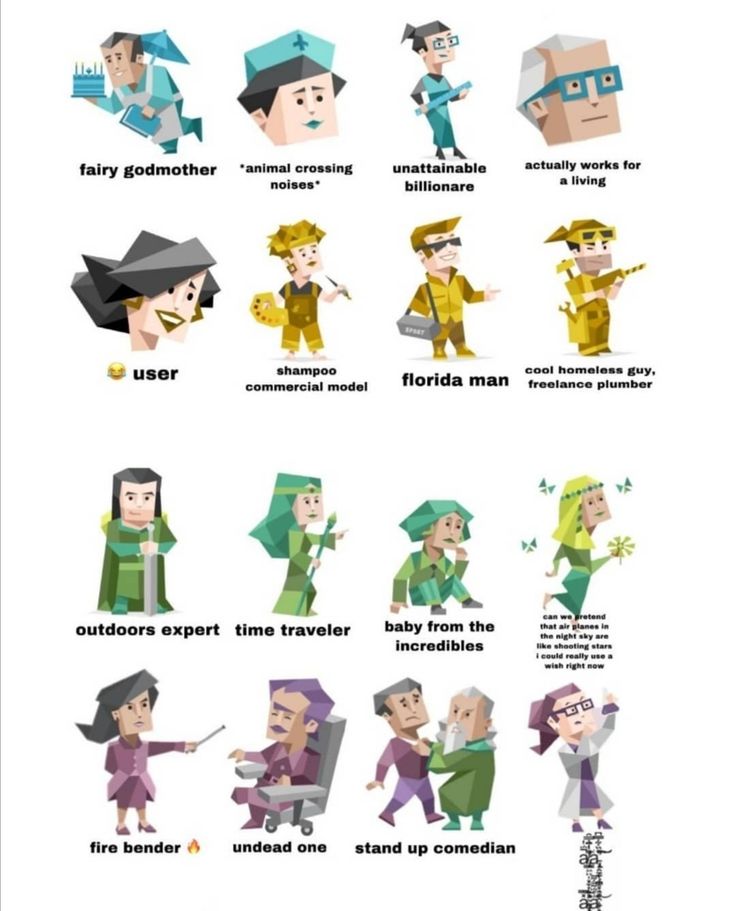 In communication and decision-making, they are guided by intuition and imagination. Often this type of personality chooses creative professions: designer, actor, writer, etc. Such people are very active and sociable.
In communication and decision-making, they are guided by intuition and imagination. Often this type of personality chooses creative professions: designer, actor, writer, etc. Such people are very active and sociable.
Social personality type
Such people strive for self-development and teaching others. They are emotional and sensitive, empathic, patient and tactful, they appreciate social activity in all its manifestations. As a rule, they choose social professions: psychologist, doctor, teacher. They have excellent communication skills, leadership qualities, and result orientation. nine0003
Entrepreneurial personality type
Ambitious and optimistic people who clearly go to their goals and strive to achieve record results. They consider themselves leaders, energetic speakers who know how to influence people's opinions. However, they lack professional knowledge, they avoid research and analytical tasks. This type of personality mainly chooses leading professions: manager, director, broker.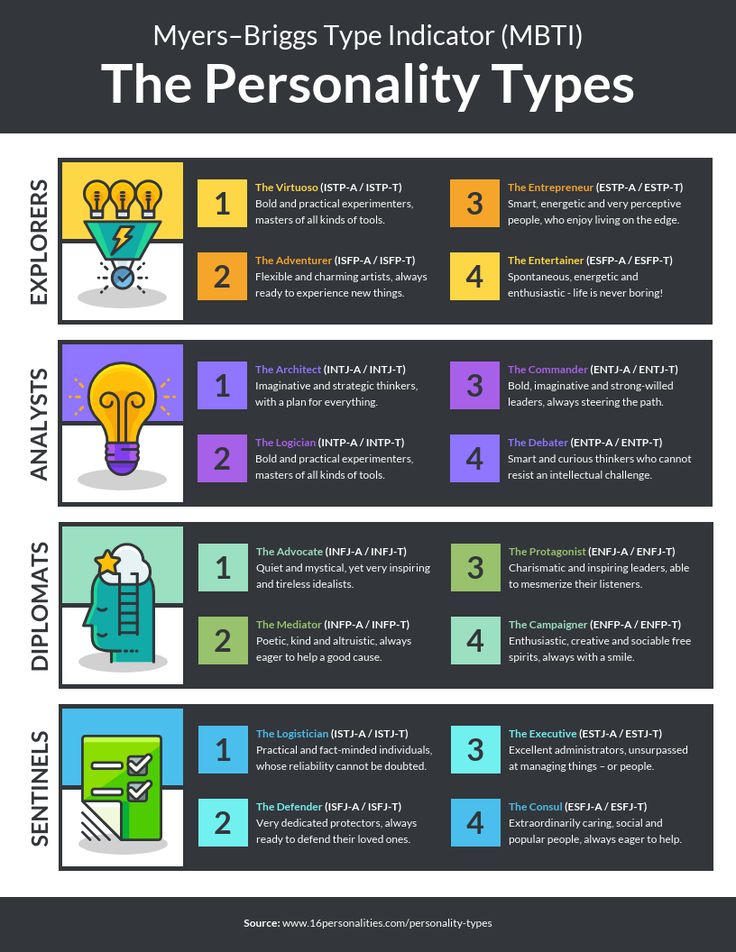
Conventional personality type
Systematic, conscious and practical people who love to structure work, systematize information, organize processes. They prefer to work according to instructions, think in stereotypes, and follow traditions. Conservatives can be realized in such professions as an accountant, secretary, economist. nine0003
There are many other theories about personality types in the world in which you can learn a lot more about yourself. If you want to dive deeper into this topic, then check out the free online Personality Typology course.
Best Careers for ISTP Personalities • BUOM
By Indeed Editorial Team
December 6, 2021
Myers-Briggs Personality Type The ISTP is typically a hands-on person who excels at problem solving and likes to work alone or in small groups. This personality type excels in technical subjects and understands how things work. In this article, you'll learn more about which personality traits are associated with ISTP types and which careers are best suited to their abilities and interests.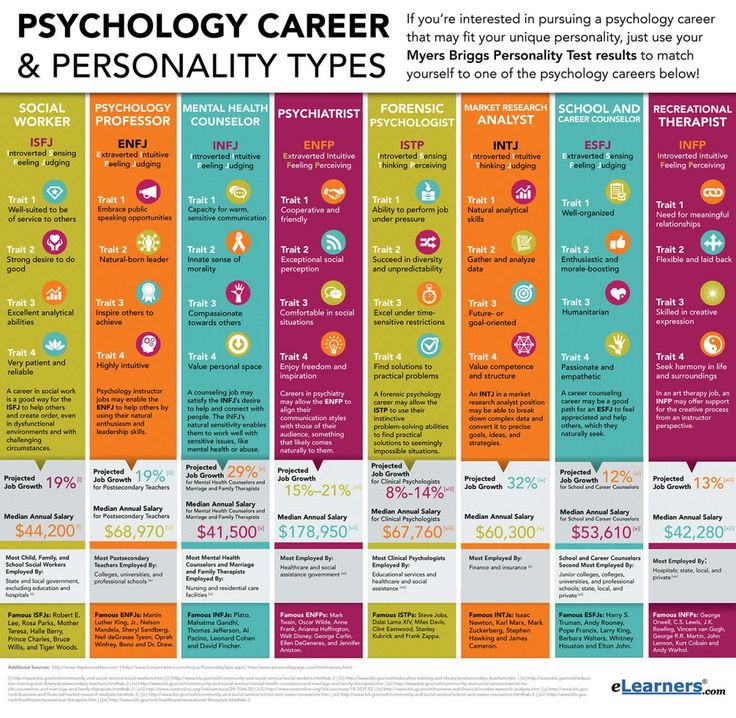 nine0003
nine0003
ISTP Personality Survey
The Myers-Briggs Type Indicator Test categorizes people as one of 16 personality types based on four main characteristics. The four key traits of the ISTP type are introversion, sensory, thinking, and perception. People with this personality type rely on information and facts when making decisions. ISTP types are also very adaptable and insightful.
In their work, ISTPs are known for their ability to solve problems in practice. They prefer to do most of their work on their own and can clearly focus on the task at hand. ISTP types tend to be quiet and observant, but they work well with others when needed. nine0003
Many ISTPs pursue careers in which they can achieve tangible results. Many prefer analytical or technical challenges that allow them to apply practical solutions without the bias or emotional considerations that distract them in the work environment. When problems arise, they can adapt and find a quick solution. This personality type values efficiency and logic in their work and is known to go the extra mile to see a project through to completion.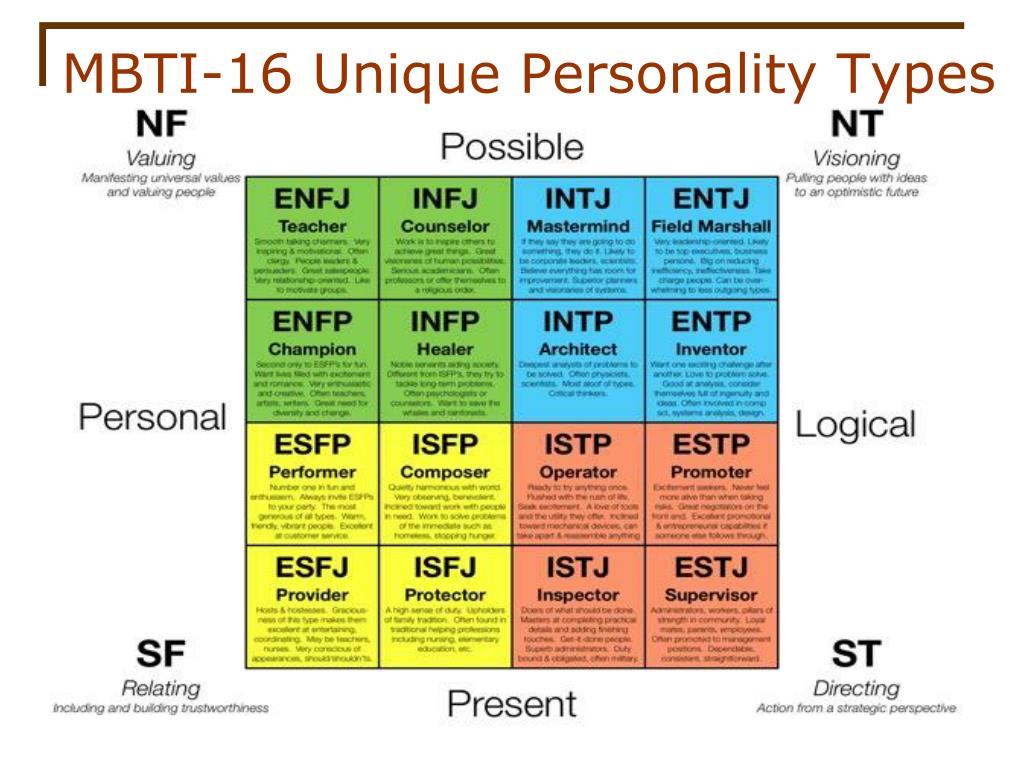 nine0054
nine0054
Reflective
ISTP Careers
ISTPs generally enjoy suggestive work with a practical element. They are well suited for careers that require the use of their practical skills and technical interests. Here are some of the best ISTP career matches to consider if you have this personality type.
1. Engineer
Any engineering job is great for an ISTP personality type. Their analytical mind is able to understand the complex inner workings of things. For example, as a computer hardware engineer, the ISTP type may enjoy troubleshooting and building efficient computer systems. nine0003
Engineering tasks also use the abilities of this personality type. critical thinking skills preference for logical solutions. ISTPs love the fact that engineering produces tangible results that have practical implications in the real world. The independent nature of this work also attracts ISTP types.
2nd technician
Like engineering, a technician's job requires knowledge of the ins and outs of complex equipment.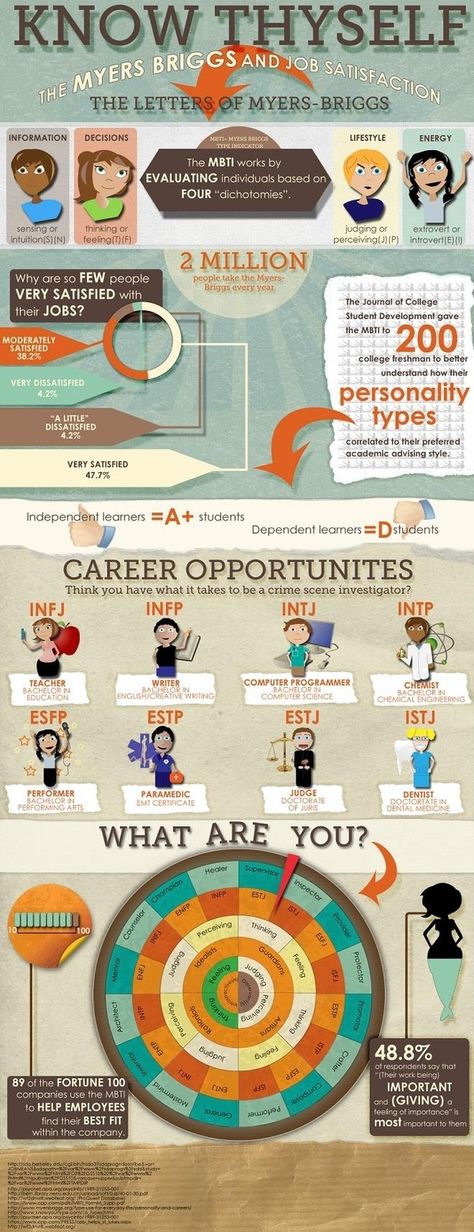 ISTP personality types are well suited for this type of work as they enjoy fixing problems. Whether they work with aircraft, HVAC equipment, or electrical systems, ISTP types can put their problem-solving and logic skills to good use in this career. nine0003
ISTP personality types are well suited for this type of work as they enjoy fixing problems. Whether they work with aircraft, HVAC equipment, or electrical systems, ISTP types can put their problem-solving and logic skills to good use in this career. nine0003
People with this personality type are great at installing, maintaining and repairing a wide variety of equipment. Many technicians work individually or in small teams, which appeals to the introverted nature of ISTP types.
3. Builder
Construction work gives ISTPs the opportunity to participate in practical projects with a practical purpose. Those who like to work actively enjoy the physical element of building and repairing buildings. It also makes it possible to find logical solutions for building problems. ISTP types are detail oriented, which helps them make sure every task is done correctly and efficiently. nine0003
4. Inspector
Occupations such as building and sanitation inspectors are attractive to ISTP types because the job requires an analytical, detail-oriented mind.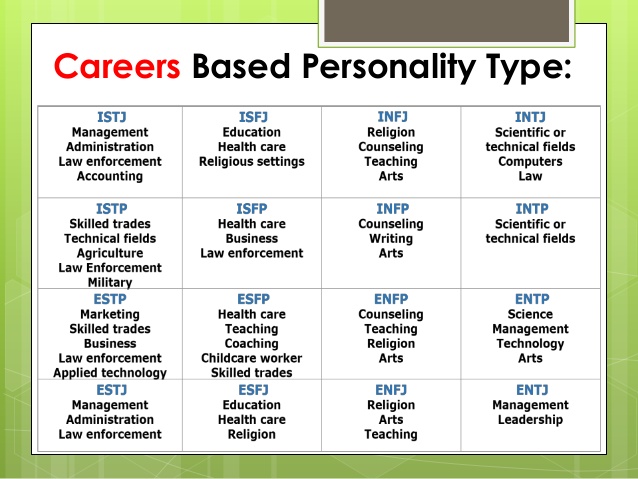 This type of personality is able to memorize and apply a variety of rules and regulations. ISTP types don't like to rush things, so they will spend the time it takes to carefully check every check. The independent nature of the work appeals to quiet ISTPs.
This type of personality is able to memorize and apply a variety of rules and regulations. ISTP types don't like to rush things, so they will spend the time it takes to carefully check every check. The independent nature of the work appeals to quiet ISTPs.
5. Driver
Handling expensive and potentially hazardous equipment requires intense concentration and attention to detail. Since ISTP personality types excel in both of these areas, they are well suited to work as a machinist. This is also a great job for ISTP types because workers can see the fruits of their labor in real time. The machinist works alone, allowing people with this personality to enjoy the quiet, intense work they prefer. nine0003
6. Medical Examiner
Forensic science requires excellent attention to detail, problem solving skills and critical thinking skills. For these reasons, it is great for ISTP types. It involves physical evidence such as fingerprints and DNA, and much of the work takes place in a quiet laboratory environment.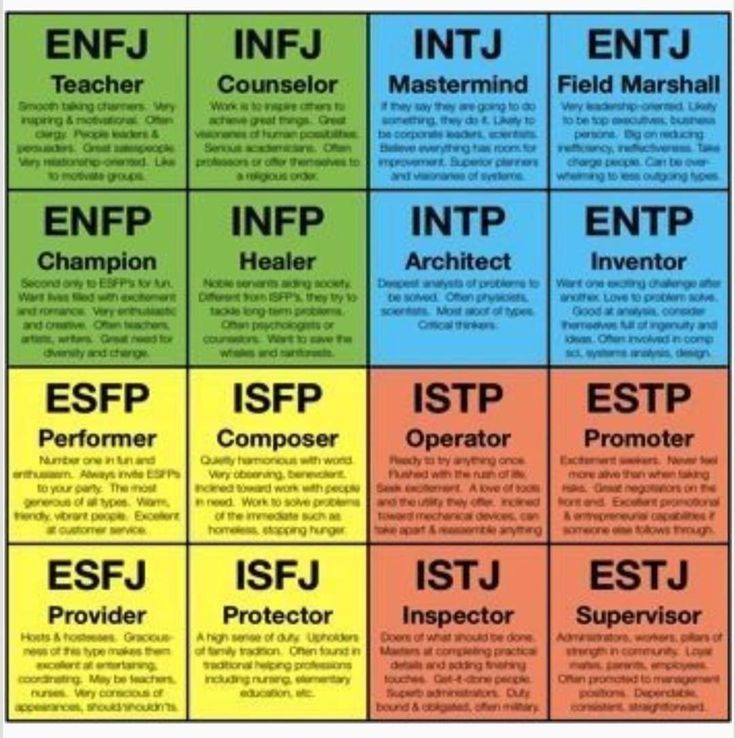 From collecting and analyzing samples to writing reports and recalling details while testifying in court, the job requirements of a forensic scientist make good use of traits associated with the ISTP personality type. nine0003
From collecting and analyzing samples to writing reports and recalling details while testifying in court, the job requirements of a forensic scientist make good use of traits associated with the ISTP personality type. nine0003
Which career path should an ISTP avoid?
Certain professions are not suitable for ISTP personality types due to the nature of the job. The following jobs are not preferred as ISTP assignments:
-
Artist: Although ISTPs like to create tangible things in their work, they prefer hands-on work to creative pursuits.
-
Clergyman: As with social work, this career path is not suitable for the type of ISTP who prefers logical, analytical tasks. nine0003
-
Manager: ISTP types prefer to work on detailed tasks rather than dealing with peers and shared projects.
-
Marketer: There are no clear-cut solutions to marketing problems that can frustrate problem solvers.
-
Administrator: The social demands of this job are usually too much for an introverted ISTP.
